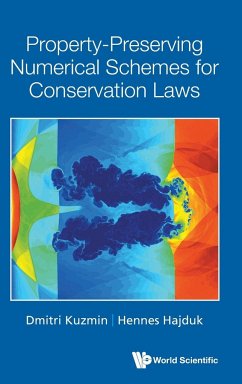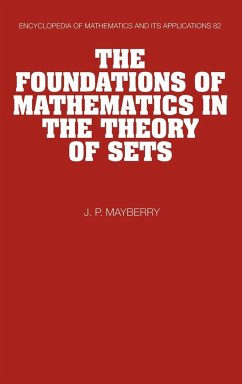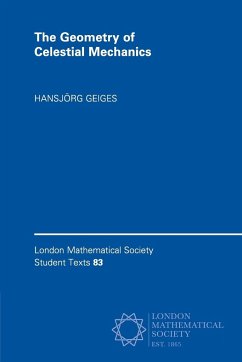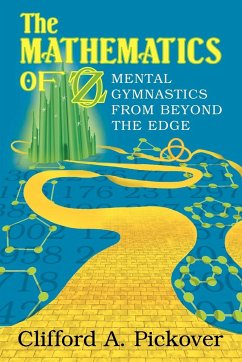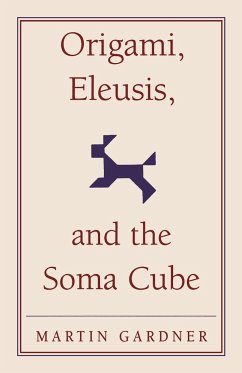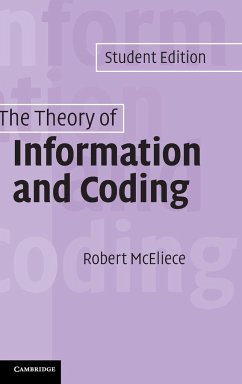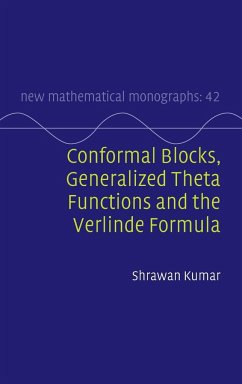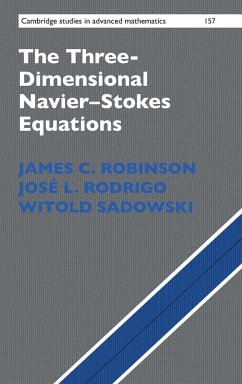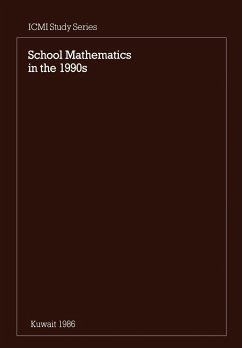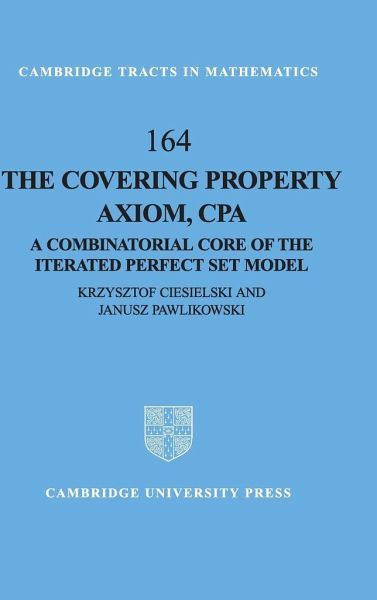
The Covering Property Axiom, CPA

PAYBACK Punkte
65 °P sammeln!
Here the authors formulate and explore a new axiom of set theory, CPA, the Covering Property Axiom. CPA is consistent with the usual ZFC axioms, indeed it is true in the iterated Sacks model and actually captures the combinatorial core of this model. A plethora of results known to be true in the Sacks model easily follow from CPA. Replacing iterated forcing arguments with deductions from CPA simplifies proofs, provides deeper insight, and leads to new results. One may say that CPA is similar in nature to Martin's axiom, as both capture the essence of the models of ZFC in which they hold. The e...
Here the authors formulate and explore a new axiom of set theory, CPA, the Covering Property Axiom. CPA is consistent with the usual ZFC axioms, indeed it is true in the iterated Sacks model and actually captures the combinatorial core of this model. A plethora of results known to be true in the Sacks model easily follow from CPA. Replacing iterated forcing arguments with deductions from CPA simplifies proofs, provides deeper insight, and leads to new results. One may say that CPA is similar in nature to Martin's axiom, as both capture the essence of the models of ZFC in which they hold. The exposition is self contained and there are natural applications to real analysis and topology. Researchers who use set theory in their work will find much of interest in this book.





